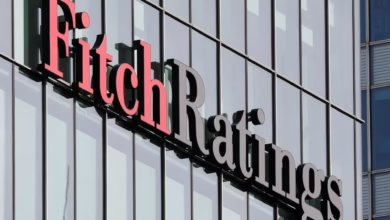
Equity Group Holdings Plc (EGH) has announced a 12% increase in profit after tax for the first half of 2024.
In a statement dated August 12, the Group reported a half-year Profit after Tax of Ksh.29.6 billion, marking a 12% year-on-year growth. Earnings per share rose to Ksh.7.6 from Ksh.6.7.
Regional subsidiaries contributed 50.2% of the profit before tax for the period. The Group’s performance is supported by robust capital buffers, with a core capital ratio of 15.8% and a total capital ratio of 18.4%, surpassing the regulatory thresholds of 10.5% and 14.5%, respectively.
Equity Group Holdings Managing Director and CEO, Dr. James Mwangi, attributed the profit increase to resilience amidst macroeconomic challenges, including high interest rates and volatile exchange rates across its markets.
Equity recorded a 6% growth in its balance sheet, outpacing the 4% inflation rate, bringing total assets to Ksh.1.75 trillion as of June 30, 2024, with regional subsidiaries accounting for 49.7% of this growth.
Also Read: Equity Bank Increases Cost of Loan to 18.24%
“We are proud that the Group has sufficient cushion on its key balance sheet buffers, including liquidity, capital, and NPL coverage, while continuing to report above-industry profitability metrics with a return on average equity of 26.7% and a return on average assets of 3.4%,” added Dr. Mwangi.
Named the top financial brand in Africa and the second strongest banking brand in the world, Equity Group has seen its deposit franchise grow by 11% year on year to Ksh1.3 trillion, with its customer base expanding to 20.7 million.
This deposit growth led to a 55% increase in cash and cash equivalents to Ksh341 billion and growth in investment securities to Ksh459 billion, resulting in a strong liquidity position of 57%.
“We are optimistic that the Group’s strong liquidity positions us to effectively support our customers as the economy shows signs of improvement, indicated by some regulators reducing Central Bank Reference rates. With improved liquidity, the Group continued to optimize its balance sheet by reducing leverage by Ksh75 billion of expensive borrowings,” Mwangi said.





